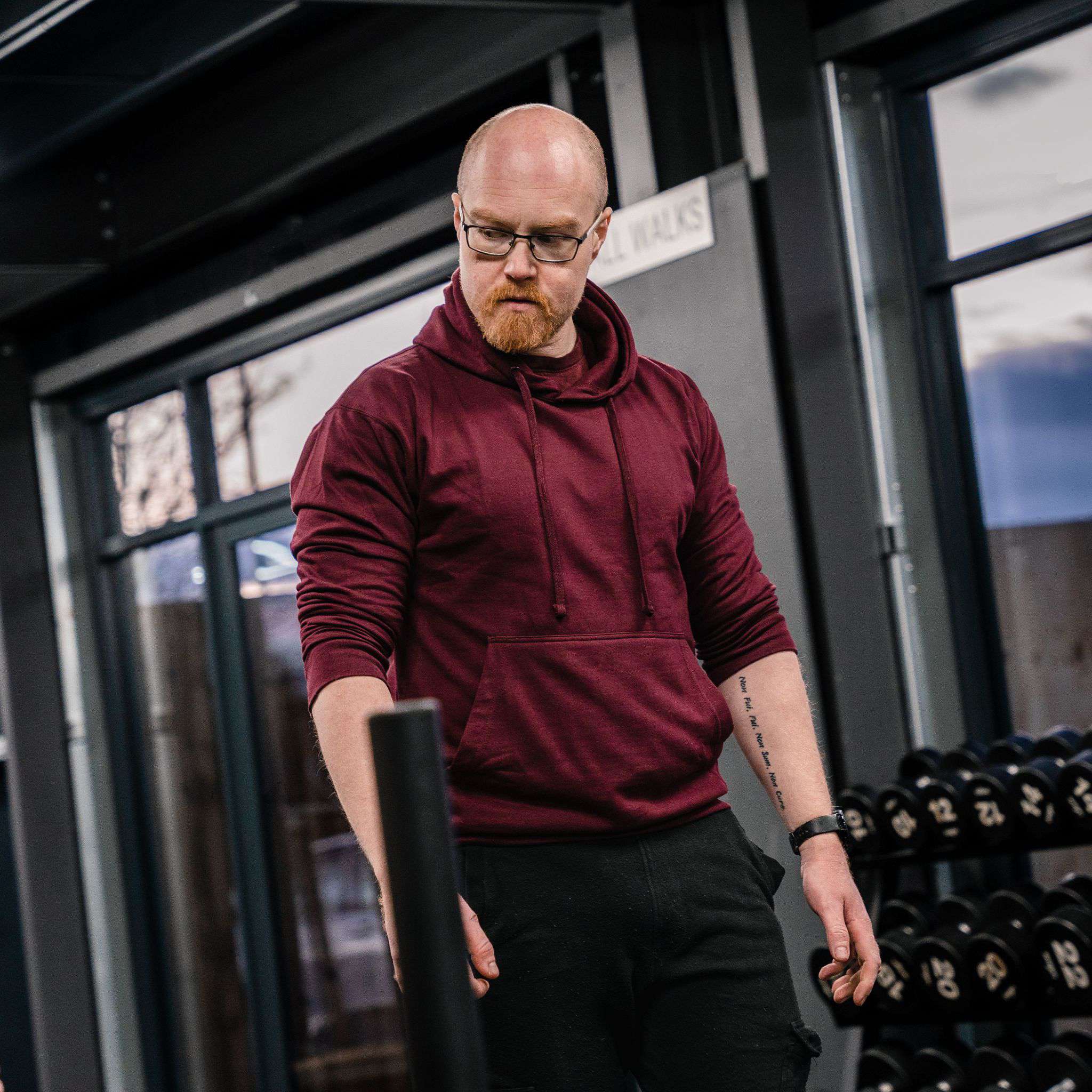Nature's Only Method: Stress-Recovery-Adaptation
- James Swift
- 22 Dec 2024
- 3 min read
Updated: 18 Jan

The human body doesn't get stronger during training. This fundamental truth escapes most people who walk into a gym. They believe the work itself adapts. This belief leads to programme-hopping, excessive training frequency, and ultimately, failure to progress.
The biological reality is simple: training is merely the stress that initiates an adaptation process. Your body gets stronger during recovery, not during the workout. This isn't a theory or a training philosophy it's a fundamental biological process shared by all living organisms on the planet. From single-cell organisms to plants to humans, all life follows this pattern of stress, recovery, and adaptation to survive.
The process follows three distinct phases. First comes the stress: the training session. When you perform a heavy set of squats at a weight that challenges your current capabilities, you create mechanical tension in the muscles, generate metabolic stress, and cause microscopic damage to muscle tissue. Your body perceives this as a threat to its structural integrity.
The second phase is recovery, which begins when your training session ends. Your body immediately starts emergency repairs to damaged tissues. Inflammation increases. Protein synthesis elevates. Energy systems begin restocking depleted resources. This phase typically lasts 24-48 hours, depending on the magnitude of the stress and your current recovery capabilities.
The third phase is where actual improvement occurs: adaptation. Your body doesn't just repair itself to its previous state – it builds itself slightly better than before. This is supercompensation. If the stress was appropriate and recovery adequate, you end up with more strength and muscle than you started with.
This process requires specific conditions to work properly. The stress must be sufficient to disrupt homeostasis but not so severe that it overwhelms recovery capabilities. For a novice lifter, this might mean squatting 60kg for three sets of five, then adding 2.5kg next session. For an advanced lifter, it might mean squatting 180kg for five sets of three, then increasing volume before adding intensity.
Recovery demands adequate resources. Your body needs protein synthesis to repair and build muscle tissue. This requires sufficient protein intake - typically 1.6-2.2g per kg of bodyweight daily. Energy balance must support the adaptation process. Sleep quality impacts recovery significantly. Seven to nine hours of quality sleep allows optimal hormone production for repair and growth.
The timing between stressful events matters critically. Train too soon, and you interrupt the adaptation process. Train too late, and you miss the super-compensation window. Most lifters need 24-48 hours between heavy sessions of the same movement pattern. This is why properly designed programmes typically schedule heavy squats 2-3 times per week for novices, not daily like in the Bulgarian method.
Programme hopping disrupts this cycle. Each training session should build upon the adaptations from previous sessions. When you jump between different programmes weekly, you fail to accumulate meaningful stress in any particular direction. Your body never completes the adaptation cycle for any specific stress.
The practical application is straightforward. Pick a programme that applies progressive overload to basic movements. Stick to it long enough for the adaptation cycle to complete multiple times. Ensure adequate recovery between sessions. Eat sufficient protein and calories. Get proper sleep.
Many training programmes fail because they ignore these biological realities. High-frequency boot camps that train the same patterns daily don't allow proper recovery. Programs that randomly vary exercises never accumulate enough consistent stress to drive adaptation. Diets that severely restrict calories don't provide resources for recovery and adaptation outside of heavy steroid abuse.
Your training progress depends entirely on managing this stress-recovery-adaptation cycle. The weight on the bar creates the stress. Food and sleep provide resources for recovery. Consistent programming allows adaptation to occur. Skip any part of this process, and you won't get stronger.
The next time you're planning your training, start with these biological realities. Program your stress carefully and progressively. Prioritize recovery through nutrition and sleep. Allow time for adaptation before applying new stress. This isn't just good advice – it's how your body actually works.
If you are struggling to find out how to set this up let's book on a call so you get results!


Comments